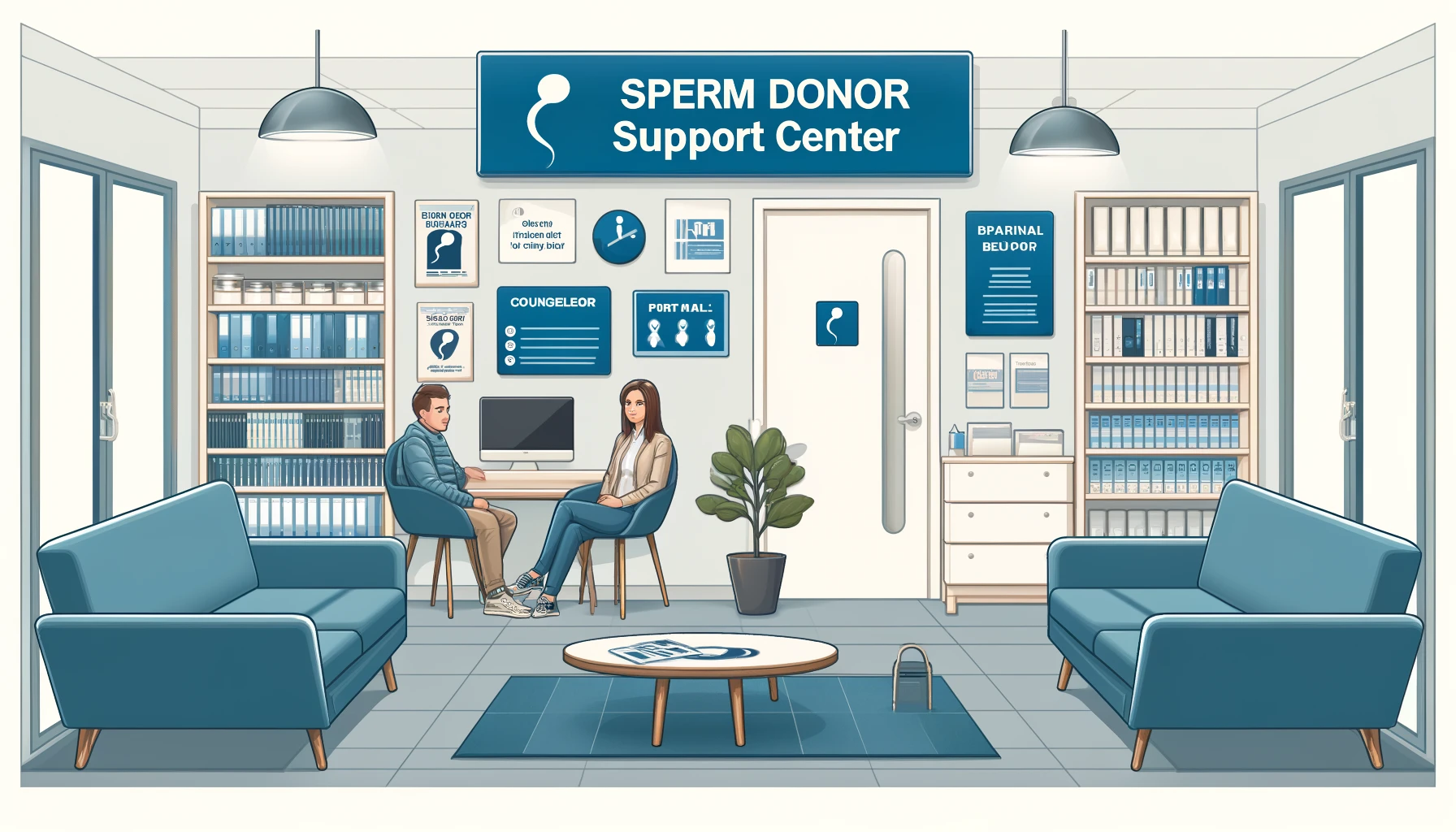Are you looking to conceive a baby faster? While there’s no guaranteed time frame for becoming pregnant, following certain steps may help increase your chances of conceiving sooner rather than later.
From understanding the key biological factors involved in conception to making lifestyle changes that can optimise fertility and maximise success. This blog post provides six valuable tips for fast-tracking a pregnancy journey.
Everyone’s body is different, and the route to conception is no exception to that rule. Whether it’s implementing simple dietary adjustments or slight hormonal tweaks, the tips featured here should offer helpful guidance on accelerating your family planning process. So read on if you’re ready to start your road to parenthood!
Adjust Your Diet
Anyone trying to conceive should start by taking a look at their diet and making adjustments as needed. Eating a wide variety of healthy, nutrient-rich foods is an essential part of maintaining a healthy pregnancy. It’s not just about the type of food you’re consuming but also how much. You want to ensure you’re getting enough energy and nutrients to support your pre-pregnancy needs and those of your baby as it begins to grow.
Taking a daily prenatal vitamin can be an efficient way to help ensure that both mother and baby will get the necessary vitamins and minerals needed for a healthy pregnancy. This is especially important because many women are lacking in certain nutrients such as iron or folic acid. These are essential for the health and development of your unborn baby.
Remember, before you make any dramatic changes to your diet or vitamin regimen, it is a good idea to check in with your primary care doctor. They can help you determine the nutrients you need for a successful pregnancy.
Reduce Stress Levels
It can be difficult to conceive when stress is a factor. That’s why reducing your stress levels is another vital step in helping you to get pregnant. Stress has adverse effects on the entire body, including increased cortisol levels, reduced immune system functioning, heightened anxiety, and even disrupted sleeping patterns. Keeping your stress levels low is essential to ensuring that your body is operating at its best.
Of course, eliminating stress from your life is easier said than done. For that reason, it’s important to address stressful situations as soon as possible and create healthy coping strategies in order to give yourself the best chance of becoming pregnant. Getting enough rest, maintaining healthy eating habits, exercising regularly, and taking the time for yourself are all critical steps towards preserving your mental and physical health when trying to conceive.
Exercise Regularly
Exercising regularly can increase your chances of becoming pregnant, as it helps to keep your body fit and healthy. Exercise can improve blood circulation, which may boost fertility, reduce stress levels, balance hormone levels and help regulate your menstrual cycle. These are all important when it comes to cultivating a favourable environment for conception.
Moreover, regular physical activity can promote a balanced weight and decrease the incidence of obesity, which is often linked to difficulties in getting pregnant. If you are trying to conceive, incorporating moderate exercise into your daily routine is likely to have many benefits that could lead to the outcome you desire.
Start Tracking Your Ovulation Cycle
If you’re trying to become pregnant, tracking your ovulation cycle is a great way to get the job done quickly. Knowing when you are most fertile can help you maximise the timing for intercourse so that your opportunities for fertilisation are in sync with your natural cycle.
All it takes is a few simple steps to get started: take note of the length of your previous menstrual cycles and use an ovulation calculator or test kit to pinpoint when you’re ready for baby making! Tracking ovulation can be an empowering experience and may give you the edge you need when planning ahead for pregnancy.
Make Healthy Lifestyle Choices
Making smart lifestyle choices can have a significant impact on your success rate when you are trying to conceive. Saying goodbye to alcohol and caffeine consumption is an important step, as these substances can interfere with fertility.
Another major factor that can negatively impact your fertility is smoking tobacco products. Smoking affects reproductive health in women by damaging fallopian tubes, diminishing egg count and quality, decreasing libido, and resulting in potentially earlier menopause. All of which can significantly reduce your chances of conceiving.
Being aware of and making proactive changes in your lifestyle gives you the best chance at faster pregnancy and good health for both you and the baby.
See A Fertility Specialist
If you’ve been trying to get pregnant for more than six months without success, it may be time to see a fertility specialist. Seeing a specialist early on can help identify any potential issues and provide direction for making positive changes that will increase your chances of conceiving.
A fertility specialist can assess your situation and discuss any options you might have, including the potential benefits of medications or other treatments, as well as lifestyle changes that may help. They can also provide assurance and reassurance during the often-complex process of infertility treatment.
Don’t wait too long. Making an appointment with a fertility specialist is the first step in taking control and increasing your chances of starting or growing your family. So if you’ve been trying to conceive for more than six months without success. Take that first step and make an appointment today.
Summing it Up
That’s it! Those are our top tips on how to conceive quickly, naturally, and without stress. These tips may not work for everyone, but they’re certainly worth a try if you want to become pregnant as soon as possible!
If you implement these changes and still find yourself struggling to get pregnant after six months. Be sure to consult with your doctor. They may want to refer you to a fertility specialist who can help identify any underlying issues that may be impacting your ability to conceive.
Remember, there is no shame in seeking help – fertility challenges are very common, and the sooner you address them, the better your chances of conceiving will be. Best of luck on your journey to becoming a parent!







